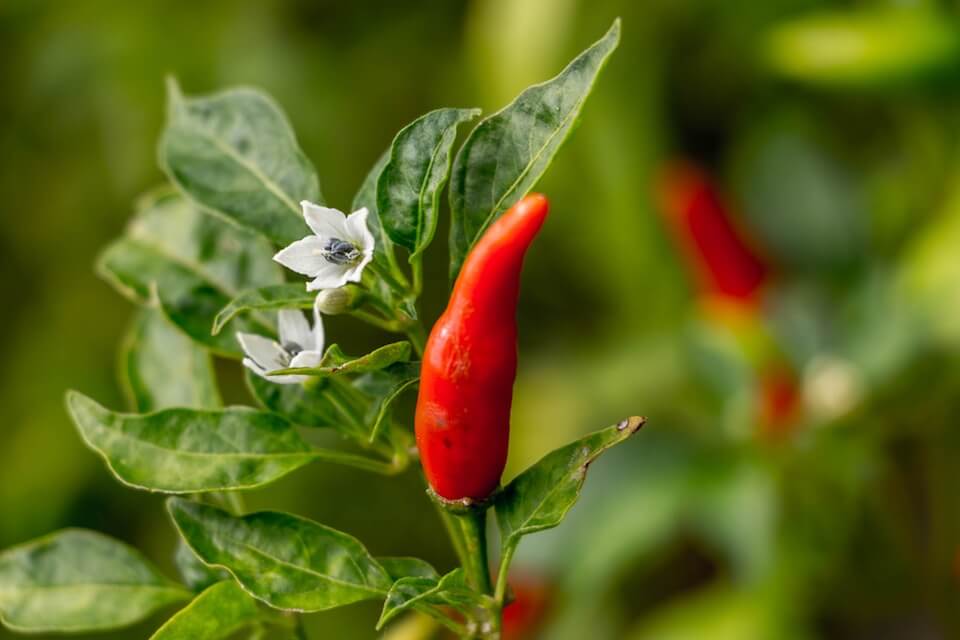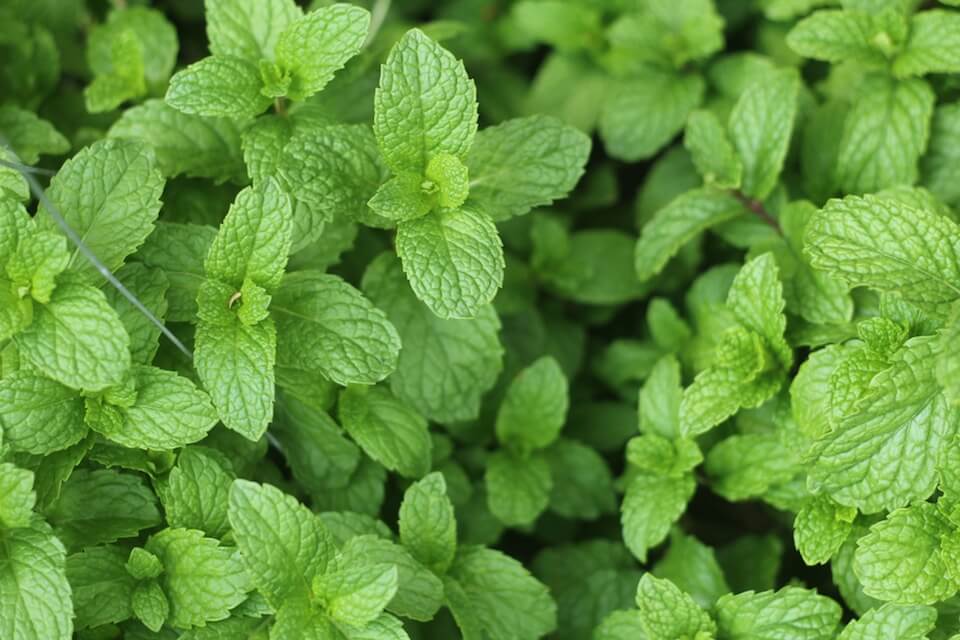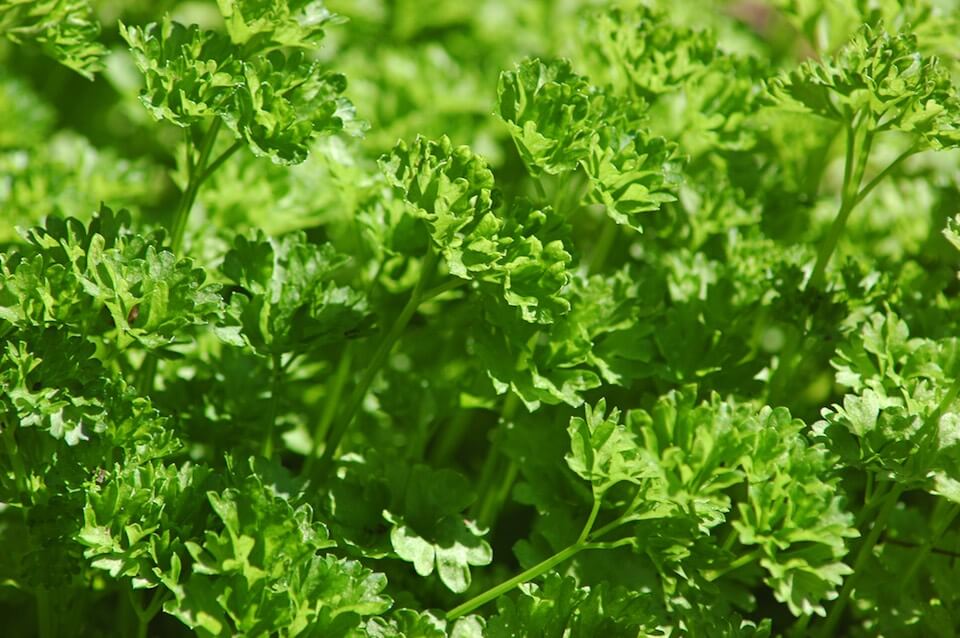Natural Remedies: 8 Plants That Promote Wellness
Looking to try more natural remedies? This helpful guide covers a wide swath of ailments – and many plants might already be in your garden!
Natural Remedies: 8 Plants That Promote Wellness
Looking to try more natural remedies? This helpful guide covers a wide swath of ailments – and many plants might already be in your garden!


Capsicum
Many know capsicum as chili peppers, but it’s actually considered a medicinal herb, too. The active ingredient is capsaicin – that’s the component that brings the heat when you eat a pepper, and it is said to soothe aches and pains when applied topically.
Feverfew

Part of the daisy family, feverfew has been dubbed “medieval aspirin” for its longtime reputation as a headache reliever. It’s most often taken in capsule form rather than tea because of its bitter taste. Some take feverfew pills to help prevent migraines and reduce their frequency, plus lessen the severity of headache side effects including pain, nausea, and sensitivity to light.
Valerian

Troubled sleepers, take note: Researchers agree valerian can speed up the time it takes insomniacs to fall asleep and decrease the frequency with which they wake during the night, though the jury’s out on how exactly the herb works. Some suspect it increases levels of a chemical referred to as GABA, one that helps your body stay calm. Keep in mind, it’s considered a sedative, so you might experience grogginess the next morning.
Thyme

Thyme is particularly useful during flu and cold season. Why? First, it’s antispasmodic. A cough is an involuntary spasm, and the oils in thyme can calm your body’s reflexes. But on a deeper level, thymol, the antiseptic found in thyme, can attack infections directly.
Peppermint

Before Pepto-Bismol and Tums were on pharmacy shelves, people turned to peppermint to soothe an upset stomach. Nowadays, it’s common to steep the herb in tea: Drinking a cup can relax stomach muscles, helping indigestion and gas pass quickly. Those with belly issues triggered by acid reflux should pass on peppermint, but studies have proven it an effective antidote to bloating and cramps brought on by irritable bowel syndrome.
Astragalus

This root is considered an adaptogenic herb (something that protects the body from stress and disease), and its use dates back to ancient Chinese times. Astragalus is typically found in capsule form, and it can be taken to alleviate seasonal allergies. It has anti-inflammatory properties that can calm aggravated noses and eyes.
Parsley

Ladies: During that time of the month, adding extra parsley to your diet could be beneficial. The green herb contains apiol, a naturally occurring substance that can lessen the pain associated with menstrual cramps. And, since it acts as a mild diuretic, parsley can help reduce bloating. The herb is also believed to improve hormone balance, which can help PMS symptoms.
Sage

Doctors don’t consider sage a cure for depression or anxiety, but many herbalists say it can be used to temporarily boost your mood. Some studies validate the thought, citing improvements in participants’ alertness, calmness, and contentedness. The easiest way to take the herb is in pill form. Many also burn sage in their home to get rid of negative energy – a route to calm in its own right?
SaveSave
SaveSave
SaveSave
Follow us

This work is licensed under a Creative Commons Attribution-NoDerivatives 4.0 International License.
Want to republish a Modern Farmer story?
We are happy for Modern Farmer stories to be shared, and encourage you to republish our articles for your audience. When doing so, we ask that you follow these guidelines:
Please credit us and our writers
For the author byline, please use “Author Name, Modern Farmer.” At the top of our stories, if on the web, please include this text and link: “This story was originally published by Modern Farmer.”
Please make sure to include a link back to either our home page or the article URL.
At the bottom of the story, please include the following text:
“Modern Farmer is a nonprofit initiative dedicated to raising awareness and catalyzing action at the intersection of food, agriculture, and society. Read more at <link>Modern Farmer</link>.”
Use our widget
We’d like to be able to track our stories, so we ask that if you republish our content, you do so using our widget (located on the left hand side of the article). The HTML code has a built-in tracker that tells us the data and domain where the story was published, as well as view counts.
Check the image requirements
It’s your responsibility to confirm you're licensed to republish images in our articles. Some images, such as those from commercial providers, don't allow their images to be republished without permission or payment. Copyright terms are generally listed in the image caption and attribution. You are welcome to omit our images or substitute with your own. Charts and interactive graphics follow the same rules.
Don’t change too much. Or, ask us first.
Articles must be republished in their entirety. It’s okay to change references to time (“today” to “yesterday”) or location (“Iowa City, IA” to “here”). But please keep everything else the same.
If you feel strongly that a more material edit needs to be made, get in touch with us at [email protected]. We’re happy to discuss it with the original author, but we must have prior approval for changes before publication.
Special cases
Extracts. You may run the first few lines or paragraphs of the article and then say: “Read the full article at Modern Farmer” with a link back to the original article.
Quotes. You may quote authors provided you include a link back to the article URL.
Translations. These require writer approval. To inquire about translation of a Modern Farmer article, contact us at [email protected]
Signed consent / copyright release forms. These are not required, provided you are following these guidelines.
Print. Articles can be republished in print under these same rules, with the exception that you do not need to include the links.
Tag us
When sharing the story on social media, please tag us using the following: - Twitter (@ModFarm) - Facebook (@ModernFarmerMedia) - Instagram (@modfarm)
Use our content respectfully
Modern Farmer is a nonprofit and as such we share our content for free and in good faith in order to reach new audiences. Respectfully,
No selling ads against our stories. It’s okay to put our stories on pages with ads.
Don’t republish our material wholesale, or automatically; you need to select stories to be republished individually.
You have no rights to sell, license, syndicate, or otherwise represent yourself as the authorized owner of our material to any third parties. This means that you cannot actively publish or submit our work for syndication to third party platforms or apps like Apple News or Google News. We understand that publishers cannot fully control when certain third parties automatically summarize or crawl content from publishers’ own sites.
Keep in touch
We want to hear from you if you love Modern Farmer content, have a collaboration idea, or anything else to share. As a nonprofit outlet, we work in service of our community and are always open to comments, feedback, and ideas. Contact us at [email protected].by Modern Farmer, Modern Farmer
June 21, 2018
Modern Farmer Weekly
Solutions Hub
Innovations, ideas and inspiration. Actionable solutions for a resilient food system.
ExploreExplore other topics
Share With Us
We want to hear from Modern Farmer readers who have thoughtful commentary, actionable solutions, or helpful ideas to share.
SubmitNecessary cookies are absolutely essential for the website to function properly. This category only includes cookies that ensures basic functionalities and security features of the website. These cookies do not store any personal information.
Any cookies that may not be particularly necessary for the website to function and are used specifically to collect user personal data via analytics, ads, other embedded contents are termed as non-necessary cookies.